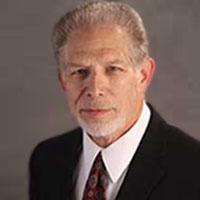Burlington Estate Lawyer, Vermont
Kenneth L. Geduldig
✓ VERIFIEDCriminal, Divorce & Family Law, Estate, Real Estate, Personal Injury
Kenneth Geduldig proudly serves Burlington, Vermont and the neighboring communities in the areas of criminal defense, divorce & family, estate, real e... (more)
Jeffrey P. Kilgore
Construction, Wills & Probate, Corporate, Banking & Finance
Status: In Good Standing
Mark Anthony Langan
International Tax, Wills, Trusts, Estate Planning
Status: In Good Standing Licensed: 44 Years


